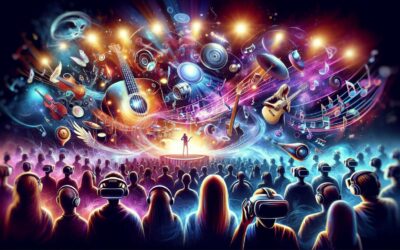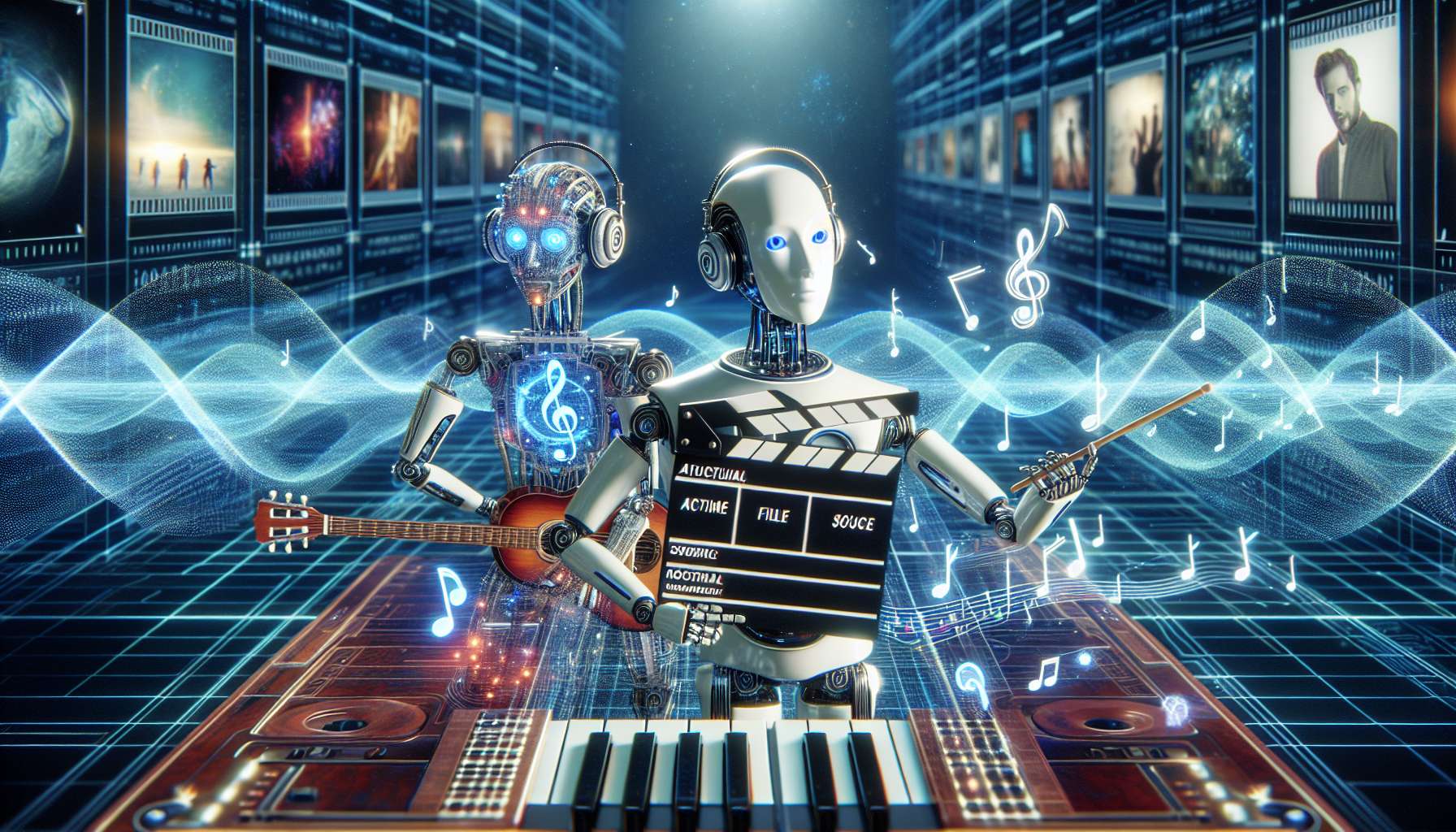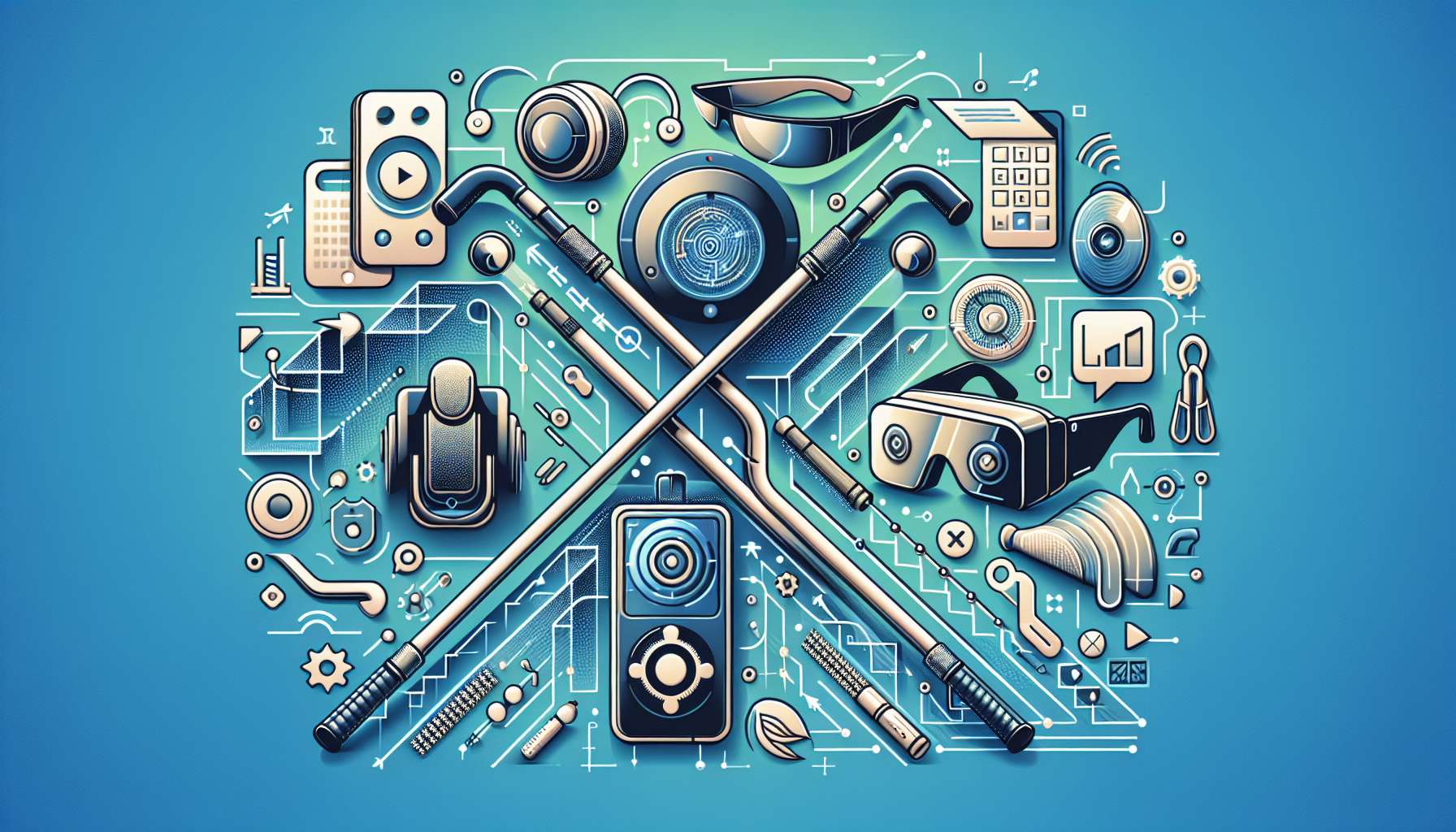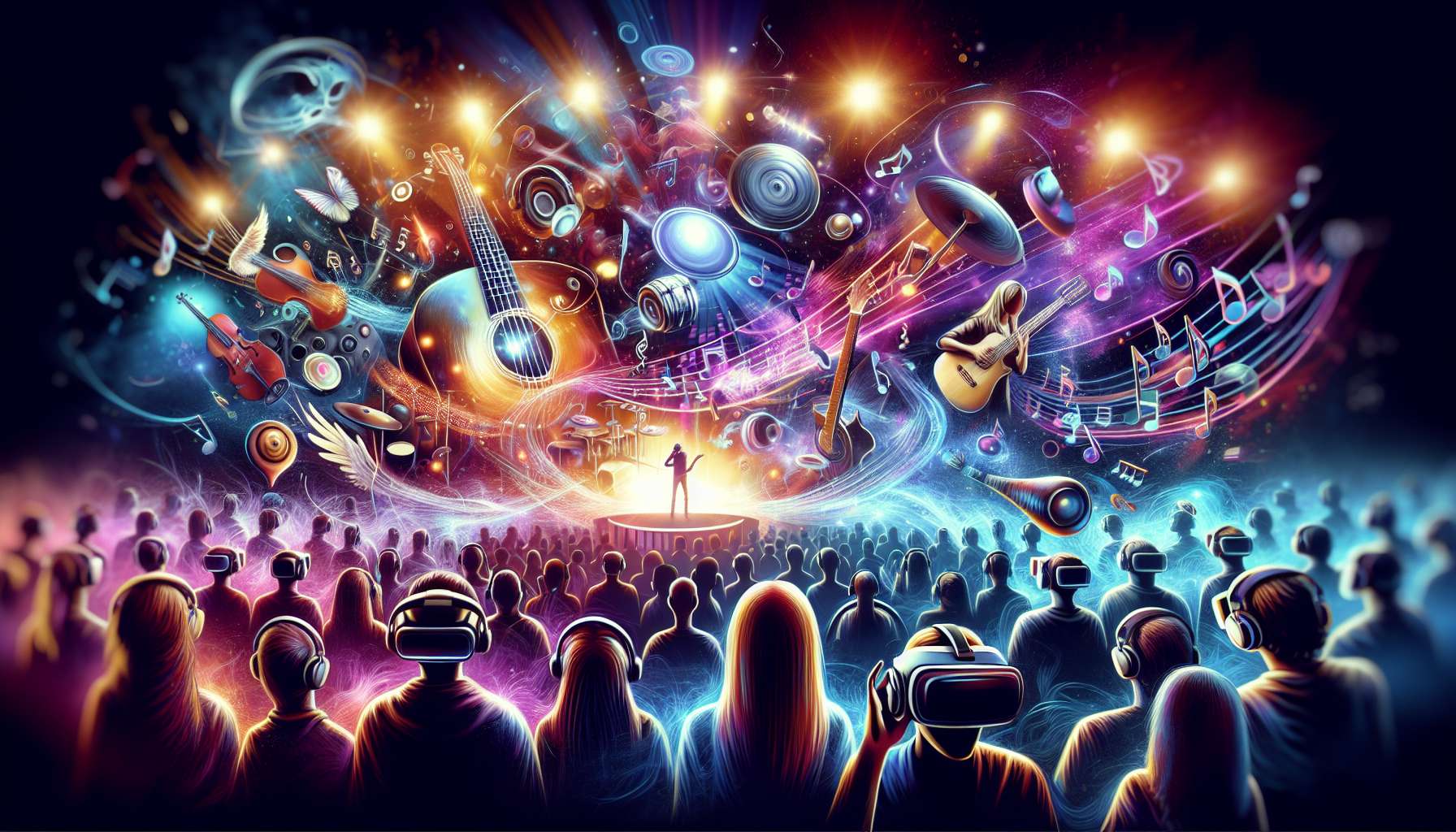Introduction
Artificial Intelligence (AI) has revolutionized various industries, and the entertainment sector is no exception. In recent years, AI algorithms have been increasingly used to create and enhance music and film. This article explores the impact of AI on the entertainment industry, specifically focusing on how algorithms influence music and film production.
AI in Music
AI algorithms have significantly transformed the music industry, enabling musicians and producers to explore new creative possibilities. One of the key applications of AI in music is algorithmic composition. These algorithms analyze vast amounts of existing music data to generate new compositions. By learning patterns and structures from different genres, AI algorithms can create unique and innovative musical pieces.
Moreover, AI-powered tools have made it easier for musicians to compose, arrange, and produce music. For instance, AI-based virtual assistants can help artists with chord progressions, melody suggestions, and even generate entire backing tracks. This not only speeds up the creative process but also provides new ideas and inspiration.
Additionally, AI algorithms are used in music recommendation systems. Streaming platforms leverage AI to analyze user preferences and behavior, allowing them to suggest personalized playlists and discover new artists. By understanding individual tastes and patterns, AI algorithms enhance the overall music listening experience.
AI in Film
AI has also made significant contributions to the film industry, both in the production and viewing experience. In film production, AI algorithms are used for various tasks, such as script analysis, video editing, and visual effects.
AI-powered script analysis tools can analyze large volumes of scripts, identifying patterns and predicting audience engagement. This helps filmmakers refine their scripts and make data-driven decisions to enhance the overall storytelling experience.
Furthermore, AI algorithms are used in video editing to automate repetitive tasks and improve efficiency. These algorithms can analyze footage, identify key scenes, and even suggest suitable transitions and effects. This not only saves time but also enhances the editing process by providing creative suggestions.
In terms of visual effects, AI algorithms have revolutionized the industry. Deep learning algorithms can generate realistic and complex visual effects, such as lifelike characters and breathtaking environments. This has opened up new possibilities for filmmakers, allowing them to create immersive and visually stunning films.
Conclusion
AI algorithms have become integral to the entertainment industry, transforming the way music is composed and films are produced. From algorithmic composition to script analysis and visual effects, AI has revolutionized various aspects of the entertainment sector. As technology continues to advance, we can expect AI to play an even more significant role in shaping the future of music and film.








